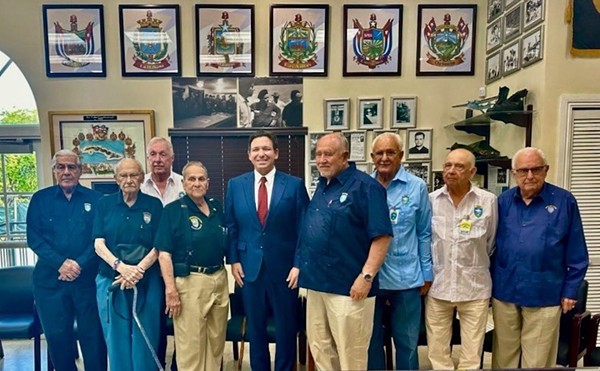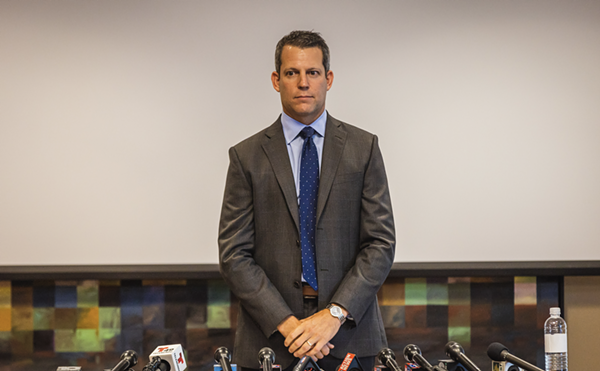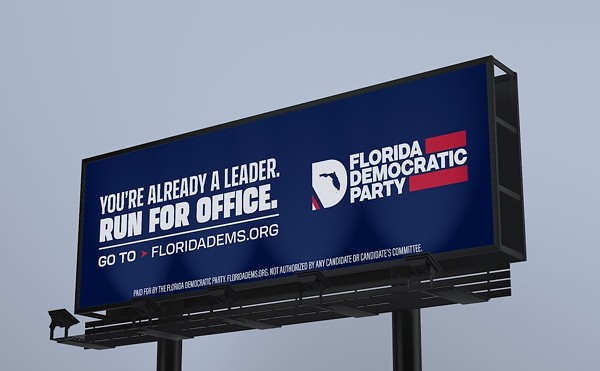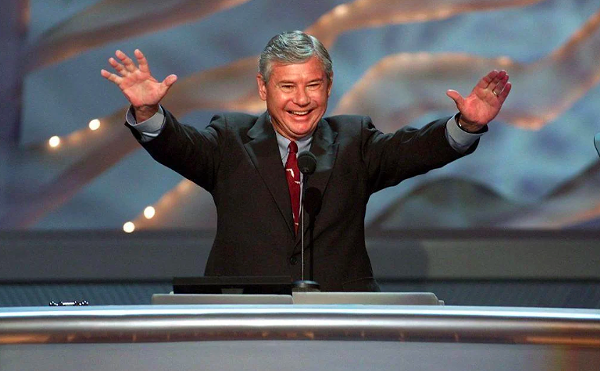In a 5-4 decision, the U.S. Supreme Court has determined that campaign finance laws that restrict donations from corporate entities are in violation of the 1st Amendment. For almost a century, the government has been working actively to regulate campaign contributions in an attempt to halt influence of unions and corporations.
The most significant law on the subject, the Bipartisan Campaign Reform Act of 2002, also known as the McCain-Feingold Act, placed strict limitations on campaign contributions. Lower courts have upheld campaign finance regulation in two seperate cases, McConnell v. Federal Election Commission, which relied on the precedent set by Austin v. Michigan Chamber of Commerce. These decisions held that corporate donations to influence candidates and the electoral process did not constitute speech, and could thus be regulated by the government.
















